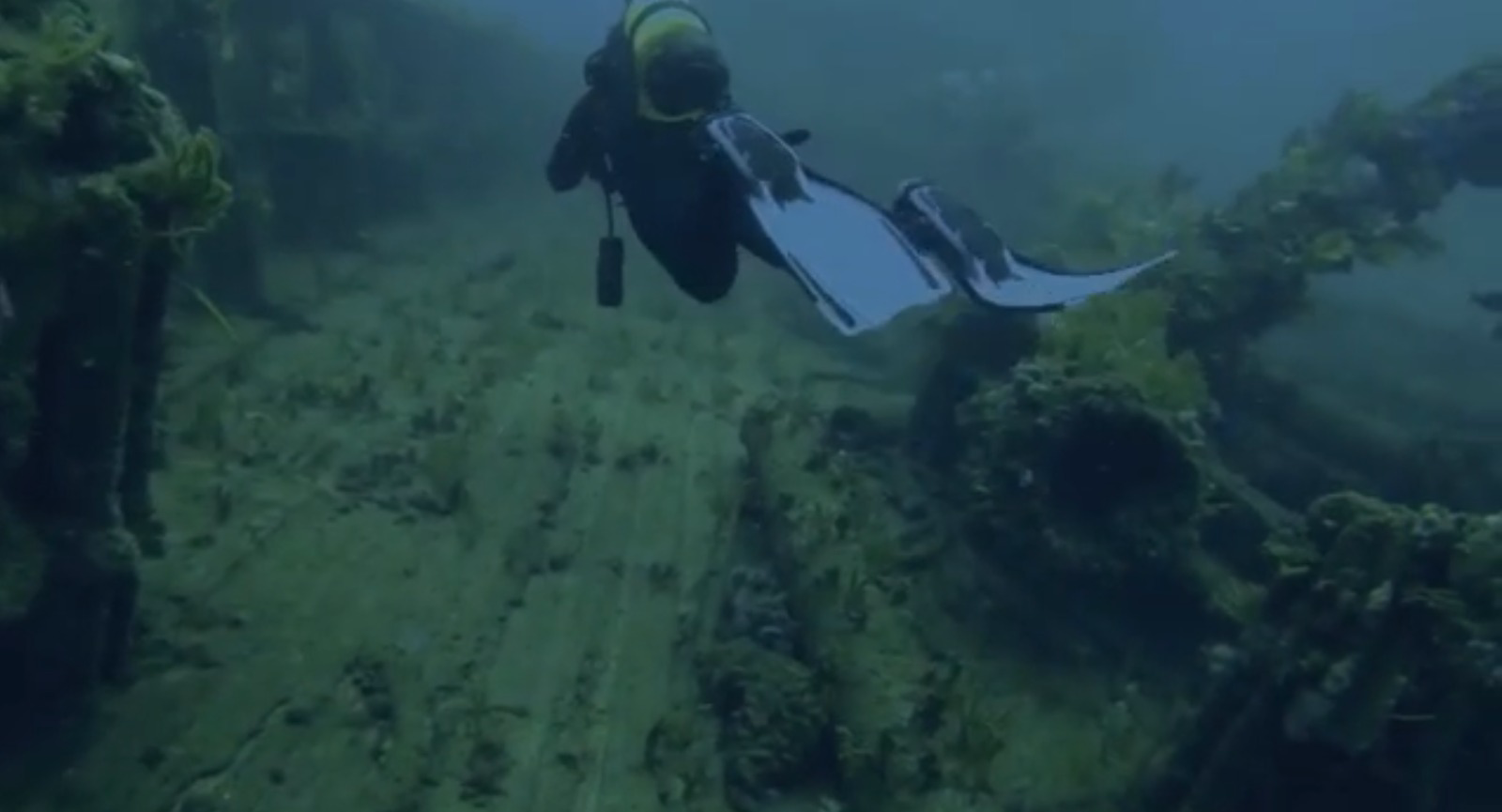Above Board: is Community Archaeology the Liferaft Maritime Archaeology Needs?
By:
Karyn Moshe
Date:
Tue, 12/08/2025 - 18:00
Venue:
SA Astronomical Observatory auditorium
Branch:
Western Cape
Time: 18:00 for 18:30
Cost: Free for members | R20 for student non-members | R40 for non-members (cash only)
*Bring along a R10 cash donation and enjoy a glass of Coca-Cola, Sherry, Port, or Amarula!
![]()

About the Talk:


Cost: Free for members | R20 for student non-members | R40 for non-members (cash only)
*Bring along a R10 cash donation and enjoy a glass of Coca-Cola, Sherry, Port, or Amarula!
About the Talk:
For decades, shipwreck sites were left unmonitored and unprotected, and an immeasurable number of archaeological resources - along with their potential for revealing information about the world’s maritime history - were lost. Around the mid-1900’s, maritime archaeology entered the global academic mainstream and practitioners developed sophisticated methodologies and technologies to excavate underwater sites as thoroughly and efficiently as terrestrial ones. Despite these advances, maritime sites remain extremely fragile. The decay of historical maritime resources can be mitigated, however, through the inclusion of community archaeology techniques. Community archaeology is not just an ethical issue. Collaboration between archaeologists and communities is mutually beneficial: communities are socially and economically empowered while researchers gain a nuanced and contextualized interpretation of artefacts and sites. The involvement of the public creates continuity of projects, and the passing on of skills relating to artefact collection and heritage management ensures that valuable material is not lost. Equally important is the involvement of communities in research which is directly relevant to them. This is particularly pertinent to maritime archaeology - which is colonial by nature - as analyses often exclude local narratives. The result is a production of insufficient, one-dimensional interpretations which can be easily avoided through alterations to traditional archaeological methodologies.
Speaker Bio:
Speaker Bio:
Karyn Moshe (MSc, Wits) is a historical and maritime archaeologist currently pursuing a PhD in Archaeology at the University of Cape Town. Her research critically examines maritime archaeology in South Africa, integrating historical inquiry with practical diving experience. Karyn is also a certified Class V commercial diver involved in oceanographic instrumentation servicing and has worked on various excavation, archival, and curatorial projects. She is an active member of professional bodies including ASAPA, SAASS, SAMA, and WAC, and is passionate about community archaeology and public engagement.